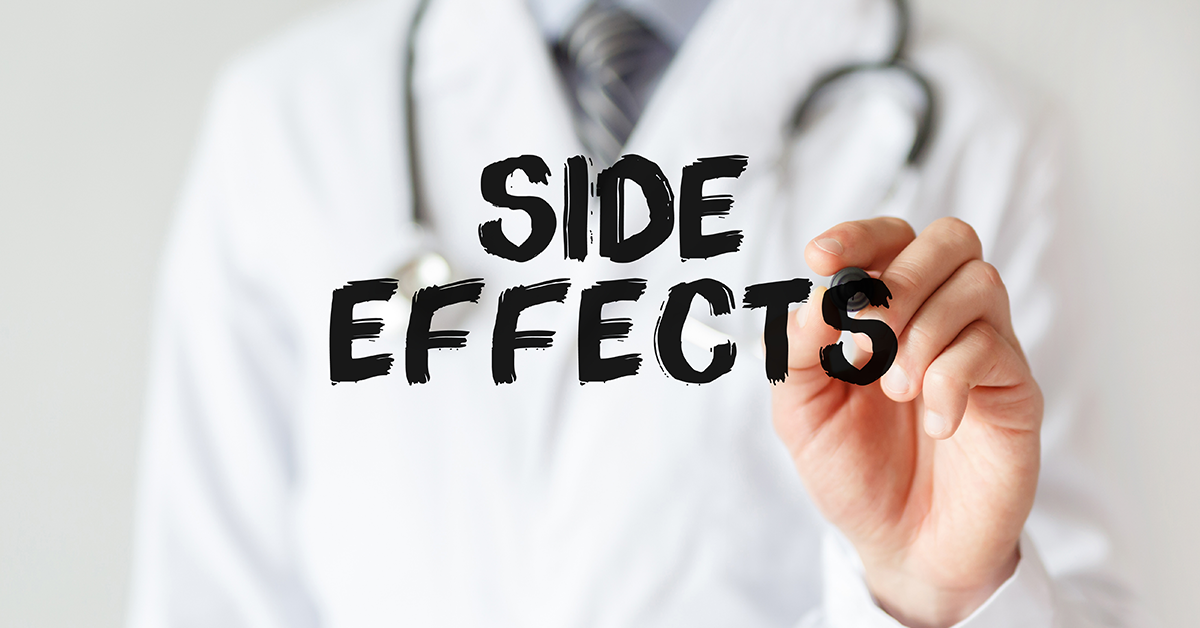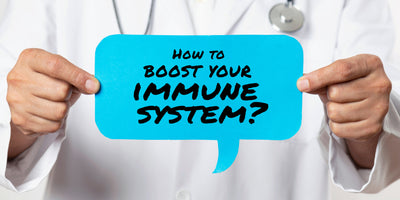
Unraveling the Side Effects of Astaxanthin
As a natural extract from algae, Astaxanthin has no known harmful side effects. The FDA has awarded astaxanthin the GRAS label or, generally regarded as safe, which it labels ingredients that have been tested and deemed fit for human consumption. In extremely high doses one may experience a slight orange tinge in the skin, similar to the effect of eating a large amount of carrots in a short period of time.
Astaxanthin may cause one’s feces to turn a reddish hue with high dosages around 50mg per day.
All astaxanthin supplements you find on the shelf should be naturally extracted from algae, however synthetic astaxanthin does exist. This synthetic form is far inferior to the natural stuff and is primarily used in animal food. Avoid this form as it is made from chemicals and has not been sufficiently studied on humans.
Astaxanthin might lower blood pressure, which could be a benefit for those with high blood pressure. However, it could cause complications for individuals who already have low blood pressure or those taking medications for hypertension.
Astaxanthin may interact with certain medications, affecting their efficacy. For instance, it might interact with drugs for high blood pressure or immune system suppression. Always inform your healthcare provider of any supplements you're taking to avoid potential interactions.
Pregnancy and breast-feeding: Not enough is known about the use of astaxanthin during pregnancy and breast-feeding. Stay on the safe side and avoid use.





